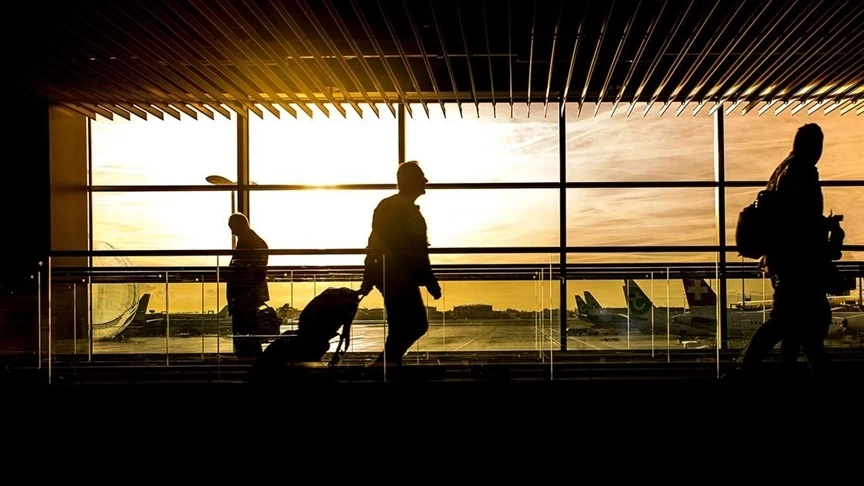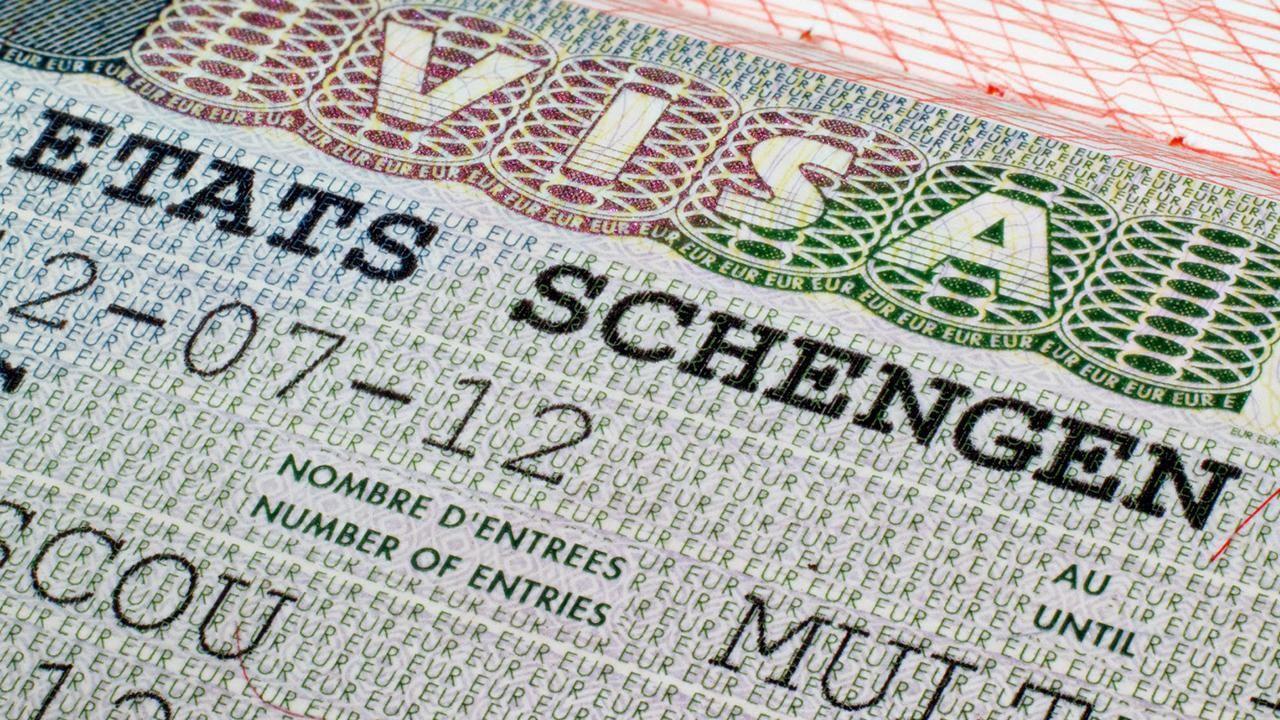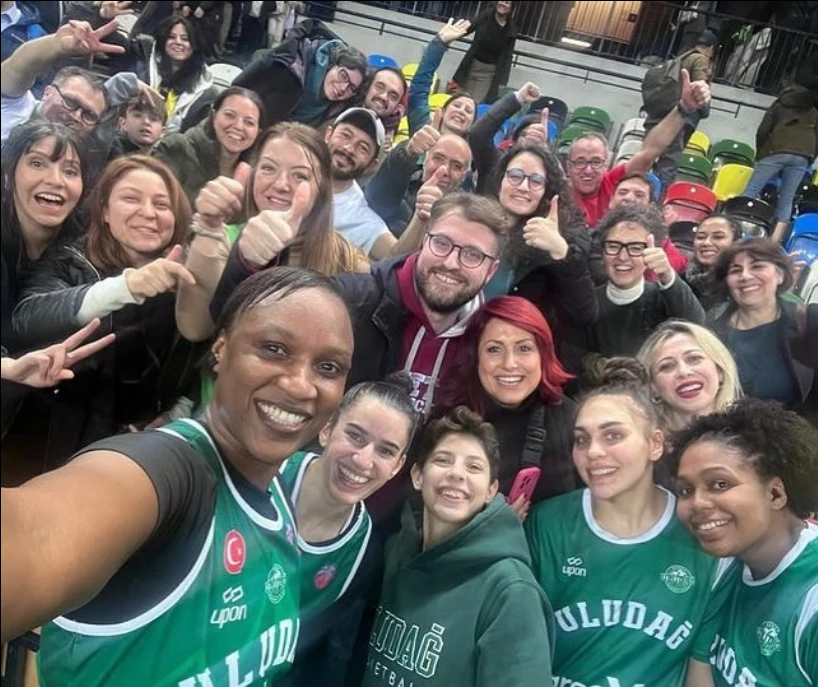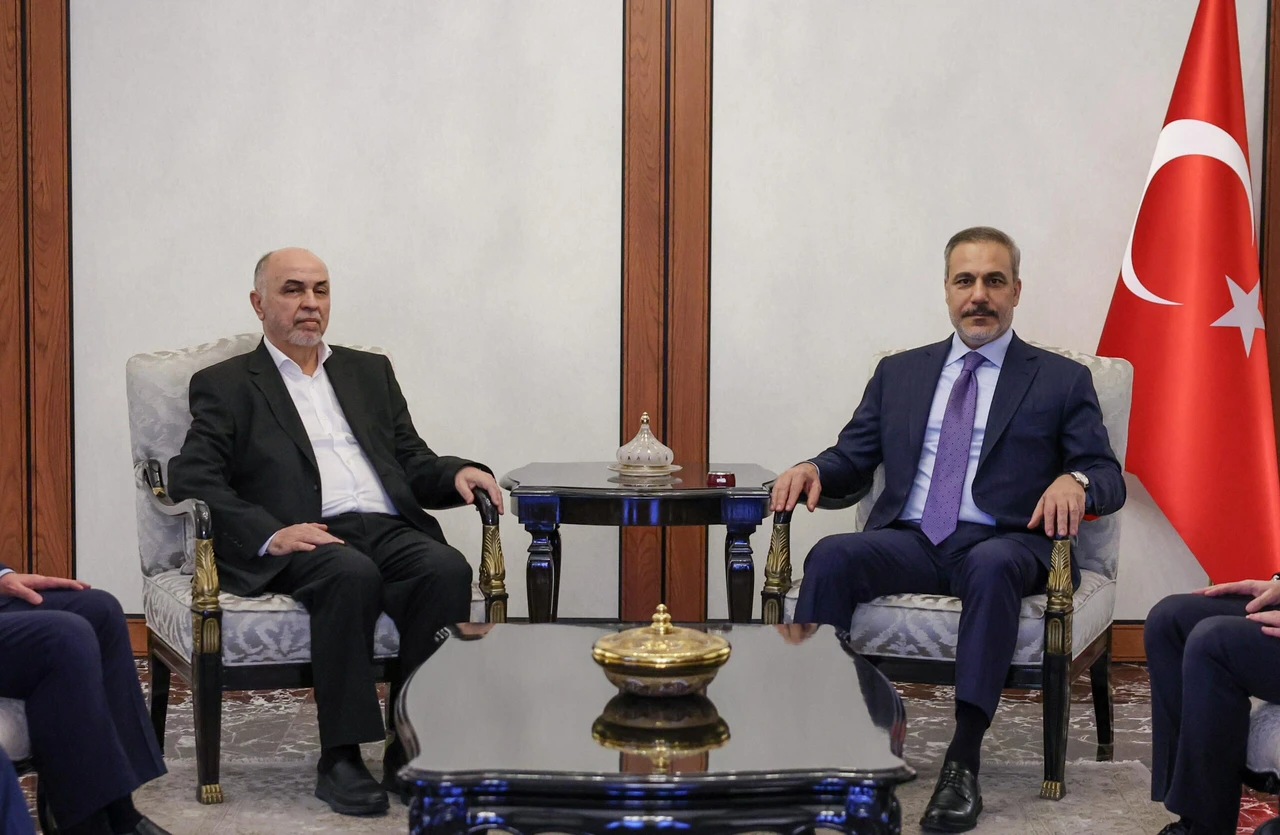Germany did not issue visas to Turkish businesspeople on time
 A person walking with his luggage in an airport. (AA Photo)
A person walking with his luggage in an airport. (AA Photo)
Turkish exporters faced unexpected challenges at the International Trade Fair for Retail Promotions and Imports (IAV) in Cologne, Germany as company executives were unable to attend due to visa delays.
Despite having reserved stands and shipped products, many Turkish companies had to rely on local relatives to manage their exhibition stands.
Several Turkish businesses had to miss the event because their representatives could not secure visas in time. Hikmet Bilen, a representative from the organizing company, confirmed that four out of the six Turkish companies attending the fair could not send their executives due to visa delays.
Visa delays leave Turkish stands empty
Bilen explained the difficulties faced by Turkish businesses: “We brought six companies from Türkiye, but four of them couldn’t send representatives because they didn’t receive their visas. We set up their stands and showcased their products, but the fair ended, and they still hadn’t received their passports.”
He noted that despite reassurances from consular authorities, the necessary visas were not issued in time. “They told us, ‘When you apply for the visa at the German consulate in Istanbul, show the invoice for your participation fee, and there won’t be any problems,’” Bilen said. “But even though the consulate accepted our documents, we didn’t receive the visas or passports by the time the fair started.”
Among the companies affected were ES Kalip, Bogazici Textile, Teel Chemistry, and Rey Packaging. “We submitted eight passports from six companies, and not a single one was returned,” Bilen added. “Passports that normally come back within 10 days were stuck at the consulate for over two weeks.”

Relatives step in to manage empty stands
Without their representatives on-site, Turkish companies had to improvise.
Bilen stated that they asked relatives and friends living in Germany to manage the stands. “We didn’t want the stands to remain empty, so we brought in family members and friends who had no experience with the sector,” he said.
“They could only stand guard at the booths—they couldn’t actively engage with visitors or conduct business. Despite the significant investment, the fair wasn’t productive for these companies.”
Impact on future trade participation
The challenges faced by Turkish companies highlight the growing issue of visa delays affecting international business participation. Bilen emphasized the need for more efficient processes to avoid such setbacks in the future.
The European Union’s official data reveals that in 2023, visa applications from 200,000 Turkish citizens were rejected, with the rejection rate expected to increase further in 2024.
On the other hand, the E.U. makes millions off rejected visas in Türkiye, earning a total of 130 million euros ($141.63 million) from rejected Schengen visa applications in 2023, up from 105 million euros in 2022, according to E.U. Observer and data from consultancy LAGO Collective. Despite the rejection of visas, the application fees, currently 80 euros and set to rise to 90 euros from June 11, remain non-refundable.

Turkish applicants face visa appointment challenges
On the other hand, it was recently mentioned that Turkish citizens could not make an appointment to apply for a Schengen visa.
So much so that it was reported that appointments fell on the black market. This situation negatively affected many people, especially students. In addition, there has been a significant increase in the rejection rate of applications from Türkiye since 2017.



